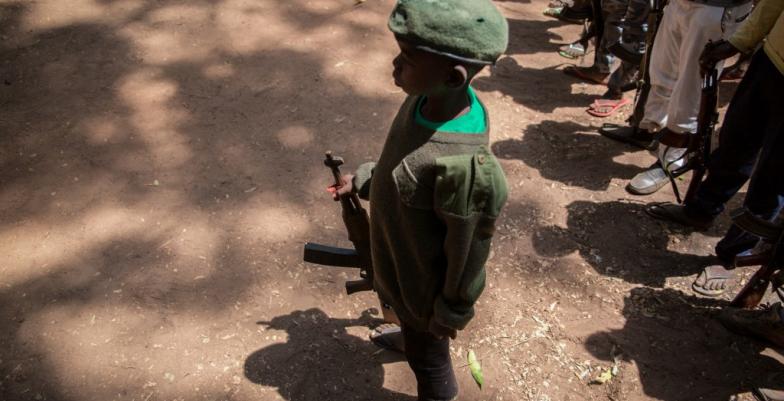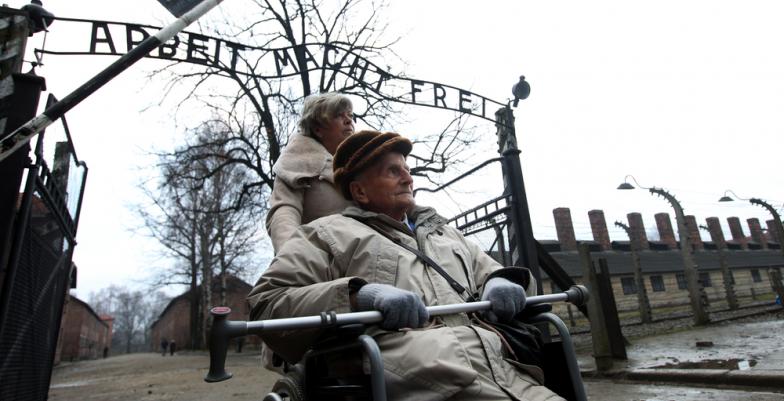Asia-Pacific Region
South Asian Association for Regional Cooperation (SAARC)
SAARC is an economic and political regional organisation of countries in South Asia set up in 1985. It aims to accelerate the process of economic and social development in its member states (Afghanistan, Bangladesh, Bhutan, India, Maldives, Nepal, Pakistan and Sri Lanka) through increased intra-regional cooperation.
EU-SAARC Cooperation for Regional Peace, Stability and Sustainable Development
The European Union (EU) and the South Asian Association for Regional Cooperation (SAARC) share a vision of regional peace, stability, and sustainable development. Since gaining observer status in 2006, the EU has engaged with SAARC as a partner in promoting integration and addressing common challenges.
SAARC Member States have agreed that the EU, alongside other observers—such as the US, China, Japan, and Australia—would engage and contribute to project-based cooperation in priority areas including communication, connectivity, agriculture, public health, energy, environment, and economic cooperation and development.
Working Together to Enhance Regional Cooperation
The EU’s support reflects its broader belief in the value of regional cooperation in South Asia, and draws on its own experience with integration and managing diversity. It sees itself as a capable partner in strengthening SAARC’s institutional capacities and encouraging economic coordination through technical assistance, trade facilitation, and regulatory alignment.
However, SAARC’s potential is hindered by long-standing political tensions and, in this context, EU–SAARC engagement has been largely limited to technical and informal cooperation. Recognizing these limitations, the EU has broadened its approach by strengthening bilateral ties, with SAARC member countries, and supporting sub-regional frameworks like BIMSTEC (Bay of Bengal Initiative for Multi-Sectoral Technical and Economic Cooperation). These efforts align with the EU’s Indo-Pacific strategy, which emphasizes a rules-based international order, resilient supply chains, and sustainable development.
Despite current obstacles, the EU remains convinced of SAARC’s potential as a platform for regional dialogue and cooperation.
EU’S DEEPENING REGIONAL ENGAGEMENT
Indo-Pacific Oceans Initiative (IPOI)
The EU accepted India’s invitation to join the Indo-Pacific Oceans Initiative (IPOI), following the EU-India Leaders’ Meeting held on 8 May 2021, and the subsequent endorsement by the Council of the EU on 23 October 2023.
The EU’s Indo-Pacific Strategy and IPOI share complementary goals, focusing on a rules-based international order, regional stability, and sustainable development. Through closer cooperation under IPOI, the EU and India aim to advance these common priorities and support a more connected Indo-Pacific. As a committed partner in the region, the EU stands ready to contribute, particularly in the area of capacity building and resource sharing.
EU and SAARC for Sustainable Connectivity and Digital Transformation with Global Gateway Support
Development cooperation remains a central focus of the EU’s engagement with SAARC. The EU backs initiatives in education, health, governance, and social equity—areas where cross-border collaboration is essential. Climate change and energy sustainability are also key themes, aligning with both SAARC’s priorities and the EU’s Global Gateway strategy, which promotes secure and sustainable connectivity worldwide. This includes digital infrastructure, green energy, and resilient public services.
The digital transformation agenda is increasingly relevant. The EU supports enhanced connectivity and digital public goods across South Asia, often inspired by regional innovation. These initiatives aim to improve public services, strengthen supply chains, and support inclusive growth.










